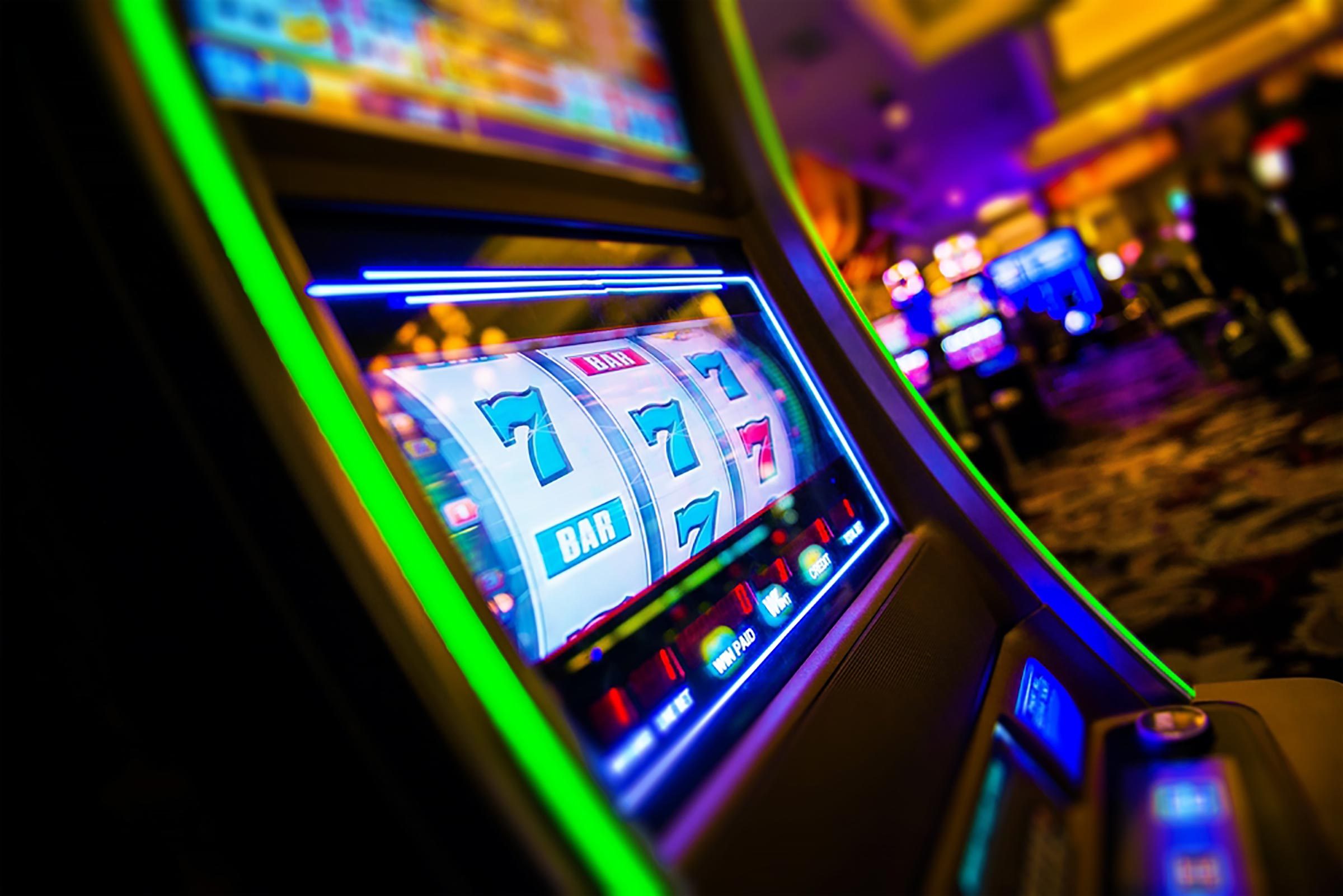
When we think of casino activities, the first images that frequently cross our minds are those of spinning roulette wheels, poker chips clattering on felt tables, and cubes rolling across a betting area. While numerous consider these activities as mere pastimes fueled by chance, a deeper exploration reveals a fascinating blend of strategy, expertise, and social engagement that elevates them far beyond simple chance. Whether you are a seasoned player or a curious newcomer, grasping the nuances of these activities can significantly enhance your experience and appreciation.
Casino activities have evolved over hundreds of years, with different cultures contributing to their diverse histories and variations. From the intricate tactics of blackjack to the deception methods in card games, players engage in a battle of wits as much as a gamble on numbers. This dynamic interplay between luck and expertise creates a thrilling atmosphere that draws millions to gambling establishments worldwide. As we delve into the realm of table activities, we will uncover the strategies that can shift the odds in your advantage and the social elements that make these games a popular choice for leisure and interaction.
The Approach Behind Casino Games
Casino games frequently combine a blend of ability and luck, which makes them fascinating for participants who like a challenge. Each title has their unique set of rules and tactics that can affect the results. For example, in titles like 21, participants are obliged to use strategies like counting cards and grasping the odds to make informed decisions. This skill set can significantly improve their winning potential, differentiating seasoned players from beginners who may rely solely on luck.
Conversely, games such as roulette may appear to be purely based on chance, but strategic thinking can also play into the equation. Players can choose between different betting tactics, such as the Martingale strategy, in which they raise their bets after a loss. This method can establish a more methodical way to the game. Understanding the odds of specific bets can also assist players make smarter decisions on the roulette table, demonstrating that even in games of chance, tactics can enhance the enjoyment. 32win
Furthermore, the game of poker stands out as a title that strongly emphasizes strategy. Unlike most gaming games, the game of poker merges ability, psychology, and luck. Players must also focus on the cards they are dealt but also take into account their opponents actions and wagering patterns. Mastering principles like position, the odds of the pot, and interpreting bluffing is essential for winning. This complexity of tactics in poker often leads to a more engaging experience for participants, where their decisions and skills greatly impact the match’s results.
Grasping Likelihood and Odds
In the world of casino activities, likelihood and odds have a vital role in determining a player’s possible results. Every activity has its own collection of principles that dictate how the probability of winning or failing is calculated. For example, in games like blackjack, participants have a chance to modify their ratios through planning, whereas in matches like roulette, the outcomes are purely governed by luck. Understanding how these chances are measured can substantially impact how a gambler approaches the game.
Ratios are typically expressed in two forms: ratio and decimal. Ratio ratios indicate the ratio of the sum won to the sum staked, whereas decimal odds show the total payout for a successful wager, including the stake. For instance, if a game has ratios of 5 to 1, this implies that for every one unit bet, a player could win five units if successful. Learning how to understand these ratios enables gamblers to evaluate their potential winnings and make more wise choices during play.
Gamblers should also be conscious of the casino advantage, which is the casino’s built-in advantage over the gamblers. Each match has a distinct house edge, and understanding this concept is crucial for handling one’s hopes and budget. Activities with a lower house edge, such as 21 and chemin de fer, typically offer superior odds for gamblers compared to games like slot machines and lottery. By understanding the relationship between probability, ratios, and the house edge, gamblers can improve their gaming engagement and plan more effectively.
The Aspect of Casino Table Games
Table games at gaming establishments are often seen as a hub of social interaction, bringing participants together in a collective experience that extends far past the mere act of gambling. The atmosphere at a blackjack table can be electric, with gamblers engaging not only with the game itself but also with one another. Laughter, excitement, and, sometimes, friendly banter create connections that enhance the overall enjoyment of the gaming experience. This communal aspect can turn a alone endeavor into a dynamic social event, making casino games particularly appealing.
One of the fascinating elements of gaming at tables is the way it cultivates friendship among players. Whether it’s collaborating to defeat the dealer at a craps table or exchanging tales between hands in a card game, the environment encourages interaction. Players often share tips or tactics, creating a sense of togetherness that boosts the fun. This interpersonal atmosphere can make new players feel welcomed and less daunted by the competitive nature of casino games. As the game progresses, friendships may form, leading to a sense of connection that keeps players returning to the table.
Moreover, the social aspect of table gaming extends outside just the players. Casino staff play a crucial role in encouraging interaction and maintaining the flow of the game. Their ability to engage gamblers with friendly conversation and their expertise in managing the table can create an welcoming atmosphere. This connection between participants and staff adds another layer of enjoyment, where players feel bonded not only to one another but also to the staff. Such interactions are often what make the experience memorable, as players leave with tales to tell and connections made, reinforcing the notion that table games are truly about something greater than luck.